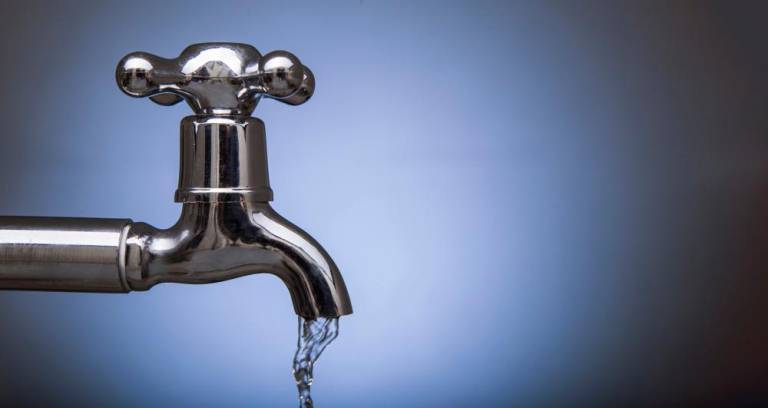Shortfall found in Sussex Borough water and sewer audit
Sussex. The borough council is looking into options, including a 2 percent increase, to make up for revenue found to be insufficient to cover both operations and service.

The Sussex Borough Council is exploring options after an audit revealed that the water and sewer utility didn’t bring in enough money to cover both its operations and debt service.
Borough auditor Tom Ferry said the utility brought in $2.55 million in receipts and combined expenditures of $2.59 million. The utility has a total debt of $8.616 million.
The council is looking at why there is a revenue shortfall. Ferry said water rents had come in less than anticipated.
“I think the amount of usage has gone down,” said Mayor Edward Meyer. “That’s something we clearly need to look at.”
Council President Robert Holowach said, “Maybe our receivables are off. Are people using less? Maybe we can have a follow-up, whether it’s receivables, gallonage, or both.”
Holowach said the utility will have another tough year. Gallonage is down because many businesses were closed during the COVID-19 shutdown, he said.
Councilman Charles Fronheiser Jr. said he had previously asked for a 2 percent increase in water and sewer rates.
“Now we’re running into a predicament where we could have used it,” he said.
Ferry said that wouldn’t have covered the entire amount. But Fronheiser said it would have helped close the gap “some.”
Fronheiser said they should consider the 2 percent increase.
“I hate to do it, but it doesn’t look like we have a choice,” he said. “We can’t use 2020 as a model year.”
Holowach said they could institute the increase to steady the ship. Or they could Use Estimated Dwelling Units, which would bring in a flat rate of revenue.
“The flat rate is the way to get constant money,” Ferry said. “The usage is the variable. That’s where you get into trouble. But if people aren’t paying, they’re not paying the flat rate either.”
Meyer said Gov. Phil Murphy is allowing utilities to shut off service to unpaid users beginning Thursday.
“If we’re finding ourselves terribly short, we can do that,” Meyer said. “We need to stabilize the income flow better.”
“The flat rate is the way to get constant money. The usage is the variable. That’s where you get into trouble. But if people aren’t paying, they’re not paying the flat rate either.” --Auditor Tom Ferry